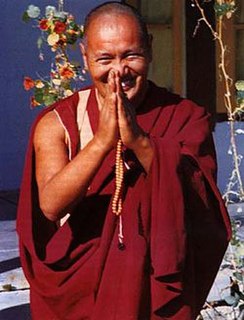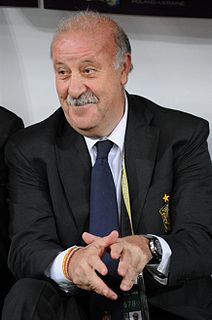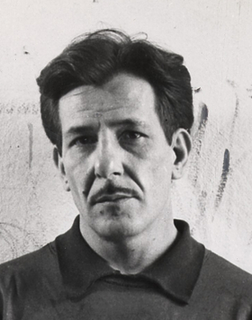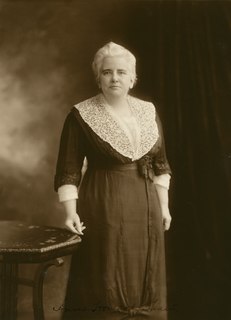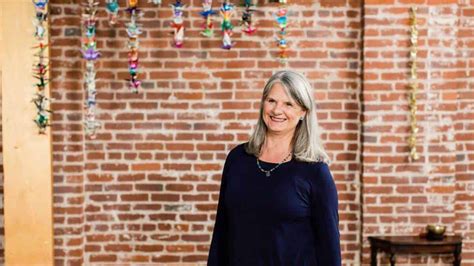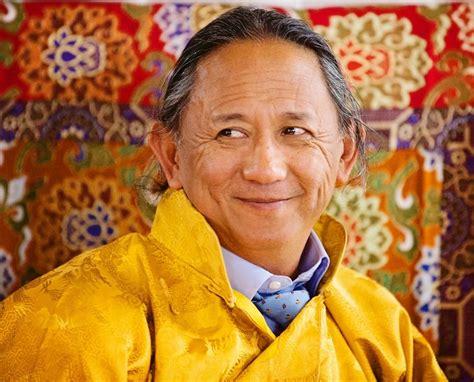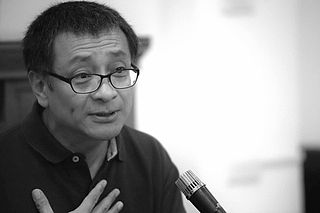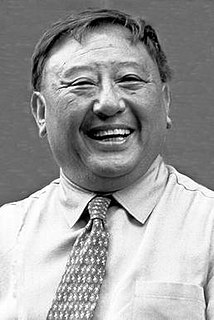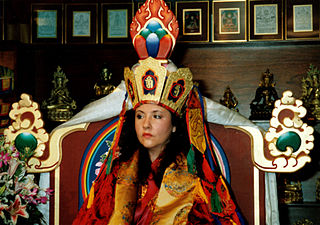A Quote by Thubten Yeshe
Learning to say prayers in a foreign language...is not in itself the way to fulfill our highest human potential; there is nothing of transcending value to be gained from substituting one set of cultural conventions for another. People whose practice remains on this superficial level end up with nothing but confusion, not knowing who they are or what they should do.
Related Quotes
In any case, once you're dealing on a nonverbal level, ambiguity is unavoidable. But it's the ambiguity of all art, of a fine piece of music or a painting - you don't need written instructions by the composer or painter accompanying such works to 'explain' them. “Explaining” them contributes nothing but a superficial 'cultural' value which has no value except for critics and teachers who have to earn a living.
The world, the way we look at women and sexuality, is what needs to change - not our behavior, not who we are, not what we say. It's the intentions that should change. It's the mind-set. Otherwise, we're just going to be a completely confused society with not knowing what to say to one another. The mind-set of when you meet a woman is that you should try and get to know her.
We are, in a certain way, defined as much by our potential as by its expression. There is a great difference between an acorn and a little bit of wood carved into an acorn shape, a difference not always readily apparent to the naked eye. The difference is there even if the acorn never has the opportunity to plant itself and become an oak. Remembering its potential changes the way in which we think of the acorn and react to it. How we value it. If an acorn were conscious, knowing its potential would change the way that it might think and feel about itself.
Life seems to be a process of replacing one anxiety with another and substituting one desire for another--which is not to say that we should never strive to overcome any of our anxieties or fulfil any of our desires, but rather to suggest that we should perhaps build into our strivings an awareness of the way our goals promise us a respite and a resolution that they cannot, by definition, deliver.
Look, no matter where you live, the biggest defect we human beings have is our shortsightedness. We don’t see what we could be. We should be looking at our potential, stretching ourselves into everything we can become. But if you’re surrounded by people who say ‘I want mine now,’ you end up with a few people with everything and a military to keep the poor ones from rising up and stealing it.
Science in England is not a profession: its cultivators are scarcely recognised even as a class. Our language itself contains no single term by which their occupation can be expressed. We borrow a foreign word [Savant] from another country whose high ambition it is to advance science, and whose deeper policy, in accord with more generous feelings, gives to the intellectual labourer reward and honour, in return for services which crown the nation with imperishable renown, and ultimately enrich the human race.
I found myself desiring and knowing less and less, until I could say in utter astonishment: "I know nothing, I want nothing." Earlier I was sure of so many things, now I am sure of nothing. But I feel I have lost nothing by not knowing, because all my knowledge was false. My not knowing was in itself knowledge of the fact that all my knowledge is ignorance, that "I do not know" is the only true statement the mind can make....I do not claim to know what you do not. In fact, I know much less than you do.
In the world it is called Tolerance, but in hell it is called Despair...the sin that believes in nothing, cares for nothing, seeks to know nothing, interferes with nothing, enjoys nothing, hates nothing, finds purpose in nothing, lives for nothing, and remains alive because there is nothing for which it will die.
Everyone is used to speaking a slightly different "language" with their parents than with their peers, because spoken language changes every generation - like they say, the past is a foreign country - but I think this is intensified for children whose parents also grew up in a geographically foreign country.
